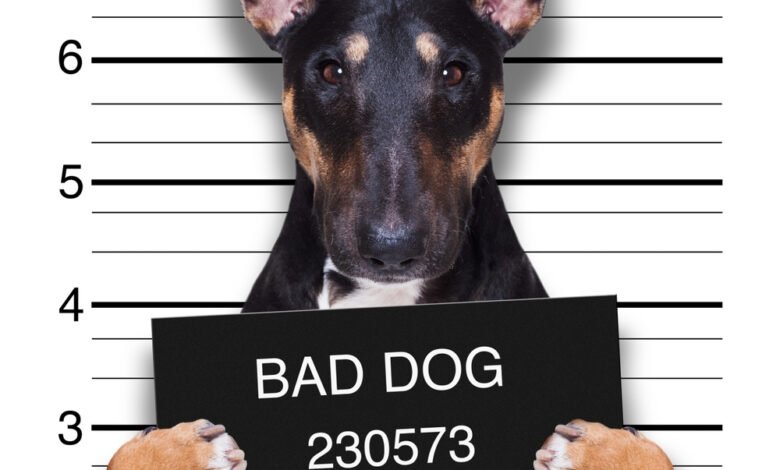
In the realm of public records and privacy, few topics stir as much interest and debate as the status of mugshots in the public domain. This article delves into the intricate relationship between mugshots, public records, and individual rights, exploring the question: Are mugshots public, and if so, are they part of the public domain?
Understanding Mugshots and Public Domain
Mugshots, the photographs snapped by law enforcement at the time of an individual’s arrest, are more than just simple images. They represent a critical component in the documentation process of the criminal justice system. These photographs capture the appearance of the person in question at a very specific moment: their apprehension. This visual record serves multiple purposes. Primarily, it acts as an identification tool within the arrest record, helping in accurately linking the individual to their alleged offense.
Additionally, mugshots often become crucial in later stages of criminal proceedings, serving as evidence or for witness identification. The discussion of mugshots within the context of the public domain is particularly intriguing. The creation of a mugshot essentially transforms it into a part of the public record. This means that, theoretically, these images become accessible to the public, subject to various laws and regulations. This accessibility underscores a fundamental tenet of modern jurisprudence: the transparency and openness of legal processes, ensuring that justice is not only done but seen to be done.
The Legal Landscape
The legal stance on whether are mugshots public varies by jurisdiction. In some areas, mugshots are readily available to the public as part of the transparency in the criminal justice system. This accessibility is often justified as a means to serve public interests, such as community safety and the right to know about criminal activities in one’s vicinity.
However, the dissemination of mugshots can also raise significant privacy concerns. It’s important to consider that not all individuals arrested are eventually convicted. The widespread availability of their mugshots can lead to prejudgment and stigma, impacting their personal and professional lives.
Are Mugshots Public Domain?
When it comes to the question of are mugshots public domain, it’s essential to distinguish between ‘public record’ and ‘public domain.’ While mugshots are generally considered a public record in many jurisdictions, being part of the public domain is a different matter. Public domain typically refers to works that are not protected by copyright and can be freely used by anyone. In the case of mugshots, while they are accessible, their use is often subject to legal restrictions, particularly regarding commercial exploitation.
The Impact of Digital Age
The advent of the digital era has markedly altered the landscape of how mugshots are distributed and utilized. In this new age, the internet has become a pivotal platform for the dissemination of these images. Numerous websites have emerged with the sole purpose of publishing mugshots online, creating a new digital ecosystem around these records. What’s particularly notable – and contentious – about this practice is the business model many of these websites employ. They often charge fees to individuals seeking to have their mugshots removed from the internet, a practice that raises significant ethical questions.
This development has ignited a heated debate centering on the tension between individual privacy rights and the public’s right to information. On one hand, the public and media argue that access to mugshots serves the public interest, promoting transparency and informed community awareness. On the other hand, the commercial exploitation of mugshots for profit, particularly in cases where individuals may later be found innocent, is seen as a gross violation of privacy.
This debate is not just about the legality of such practices but also about the moral implications of turning a person’s arrest record into a commodity, especially in an era where digital footprints are indelible and far-reaching. The discussion thus extends beyond legal boundaries into the realm of ethical conduct and the responsibilities of digital platforms in the age of information.
Also read: Allure of Scarcity in Anti Social Social Club Hoodie Fashion
Ethical Considerations and Reforms
The ethical concerns surrounding the publication of mugshots are driving legal reforms in various jurisdictions. Some states have enacted laws limiting the release of mugshots to protect individuals’ privacy, especially in cases where charges are dropped or the person is acquitted. These reforms aim to strike a balance between public interest and individual rights.
The Role of Media and Public Perception
Media outlets frequently employ mugshots in their crime reporting, a practice that raises the question: are mugshots public? This usage of mugshots can significantly shape public perception. When media present suspects through their mugshots, it can inadvertently lead to a ‘trial by media,’ where the court of public opinion weighs in before the judicial system has its say. This phenomenon can have a profound impact on the due process of law.
The pivotal issue here is the balance between the public’s right to information and the rights of individuals involved in legal processes. While the public nature of mugshots often makes them accessible for reporting purposes, it’s crucial for both media professionals and the general public to exercise discretion. This includes considering the potential consequences of sharing and viewing these images. Thoughtful consideration must be given to the impact such exposure can have on the presumption of innocence and the overall integrity of the legal process.
Conclusion
The debate over mugshots and public domain highlights the ongoing struggle to balance transparency in the criminal justice system with individual privacy rights. As we navigate these complex issues, it’s vital to stay informed and engaged in the conversation. For more insights and discussions on similar topics, consider exploring our service page or blog, where we delve deeper into the nuances of public records and individual rights.



